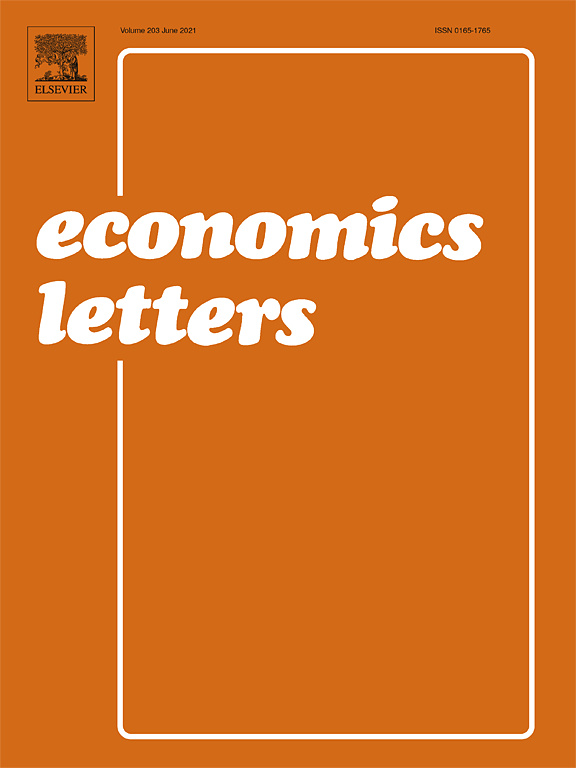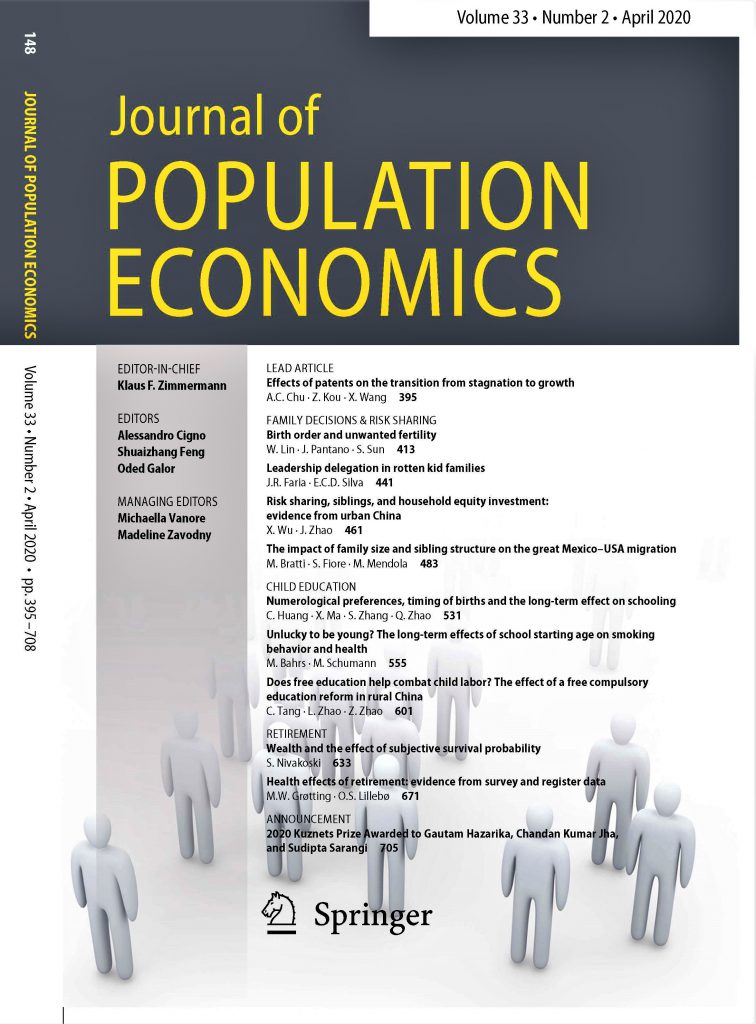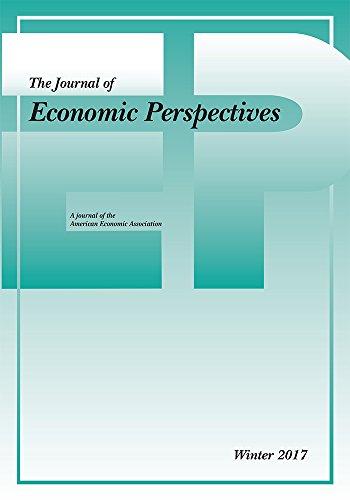Demographic Change
Dossier

In a nutshell
Many thousands of refugees flocked to EU member states in 2015 and 2016, especially to Germany. As has been widely and controversially discussed. The much more serious and longer-term problem of demographic change has been adeptly sidestepped, however. Although it may sound unpopular to some: immigration is vital for Germany, as there is no other way to offset demographic change. This is because the population is constantly ageing and neither the labour market, municipal infrastructure investments, nor the German pension system are currently adequately prepared.
Our Expert

President
If you have any further questions please contact me.
+49 345 7753-700 Request per E-MailAll experts, press releases, publications and events on "Demographic Change"
Europe's century-long task
The increasingly ageing population is already high on the political agenda and will pose a major challenge for the next generation. If things remain as they are, today's children will have to pay much higher pension contributions than their parents and grandparents – and receive considerably less money in return when they are old. Although demographic change is considered when adjusting pensions, this is not sufficient to prevent the scenario just described. There are certainly alternatives, however, to the existing system. For instance, pension levels at retirement age could be fixed at current levels, or even slightly higher, and the pensions of those who have already retired only be increased in line with inflation. Living standards would therefore be maintained. On the other hand, people's work-life balance must be improved, so that couples are not afraid to have children. Almost 10 years ago, the IWH determined that women only continue to work part time after having children, particularly in western Germany.
Germany's towns are also paying too little attention to demographic change and thus the future. They primarily make investments based on the current financial situation and too little on how the population will develop in future. If towns continue to do this, some will be chronically under-funded and others over-funded in 20 years' time.
Another problem is the shortage of skilled workers. In order to make it attractive for well-trained specialists to move to Germany from overseas, a targeted immigration policy is required. The projects launched to date, such as Blue Card, have not been as successful as hoped. So Germany currently remains isolated from the international pool of highly-qualified workers. A points-based system could be a promising alternative.
At the same time, Germany is facing the huge humanitarian dilemma of refugees; the enormous wave of migration since 2015 is placing considerable demands on Europe. The asylum system in Europe still has major shortcomings. A coherent European asylum policy is currently more important than ever, but the refugees have been very unevenly distributed within Europe. The IWH mooted a strategy for their equitable distribution back in 2015, which takes into account both the allocation of people and the costs.
In addition, the state must sustainably manage the integration of newcomers into our culture and labour market. This also includes improving social mobility within our society, in order to provide immigrants with good training opportunities. "Germany has been asleep for the last ten years. We have not seriously considered how we will handle our population development in 15 years' time," says Reint Gropp, President of the IWH in an interview with Mitteldeutsche Zeitung.
Despite the intake of 1.2m refugees over the past two years, Germany’s population suffers a serious decline. Especially in Eastern Germany total population shrinks. According to the OECD, about half of asylum-seekers who started off in eastern Germany in the past moved to places such as Hamburg once they secured their permit.
Whether and how this country can make economic use of the opportunities presented by immigration is currently still under discussion. Integration is a fundamental part of this debate. Due to the complexity of the issue, an interdisciplinary, scientific approach, such as that of the ‘Crises of a globalised world’ Research Group, is essential, in order to understand the reciprocal mechanisms and dynamics. For example, analyses by the IWH show that measures to cope with immigration during late 2015 triggered additional economic impetus. National and regional governments increased their budgets, while spending on housing, food, medical care and general support for refugees fuelled demand and production, especially in the construction and hospitality sectors, as well as in professional services. According to calculations by the Joint Economic Forecast Project Group, migration-related expenditure across Germany contributed 0.1 percent to the growth in gross domestic product in 2015.
Today, one in 113 people in the world is considered to be a refugee – 65 million in total. In order to resolve the complex ‘asylum’ problem, politicians need to be much better organised and ideally develop collective actions. This is the only way to achieve a solution that is as efficient as possible – and above all humanitarian.
Demographic change is profoundly affecting various social spheres, yet is still underestimated by politicians and citizens. Pensions, future investments, migration – all these things are having a direct, immediate impact on people in Germany. Which is precisely why timely, sustainable solutions are required that do not simply pay lip service to sustainability.
Publications on "Demographic Change"

Kommentar: Wir brauchen eine neue Corona-Strategie
in: Wirtschaft im Wandel, No. 1, 2021
Abstract
Die gegenwärtige Corona-Strategie der Bundesregierung, wenn man sie denn so nennen kann, konzentriert sich darauf, besonders gefährdete Personen durch Impfung zu schützen und die Ansteckung aller anderen durch den Lockdown zu vermeiden. Sie ignoriert, dass Menschen im täglichen Leben immer Risiken eingehen und dabei auch Risiken berücksichtigen, die durch das Verhalten anderer entstehen. Sie entscheiden selbst, wie stark sie sich gefährden, je nach ihrer persönlichen gesundheitlichen Situation und Risikoaffinität. Die Möglichkeit, Risiken einzugehen, ist ein inhärenter Teil einer freiheitlichen Gesellschaft: Die Gesellschaft vertraut prinzipiell dem Einzelnen, einigermaßen vernünftige Entscheidungen zu treffen – und die Konsequenzen zu tragen, wenn die Dinge schiefgehen. Der Staat setzt dabei die Rahmenbedingungen, aber niemals mit dem Ziel, das Risiko für den Einzelnen auf null zu drücken.

Aktuelle Trends: Trendmäßiger Anstieg der Sterbefälle in Deutschland – Altersstruktur bei der Interpretation der Sterblichkeit berücksichtigen
in: Wirtschaft im Wandel, No. 1, 2021
Abstract
In Deutschland steigt aufgrund der Altersstruktur die Anzahl der jährlichen Sterbefälle. Ein einfacher Vergleich der aktuellen Sterbefälle mit dem Durchschnitt der Vorjahre ist daher nicht geeignet, um die Übersterblichkeit während der Pandemie zu beurteilen.

Income Inequality and Minority Labor Market Dynamics: Medium Term Effects from the Great Recession
in: Economics Letters, February 2021
Abstract
Using a difference-in-differences framework we evaluate the effect that exposure to a bank failure in the Great Recession period had on income inequality. We find that it led to a 1% higher Gini, relative rise of 38 cents for high earners, and 7% decline for lowest earners in treated MSAs. Moreover, we show that blacks saw a decline of 10.2%, Hispanics 9.8%, and whites 5.1% in income. Low income blacks and Hispanics drove much of the effect on inequality.

Names and Behavior in a War
in: Journal of Population Economics, No. 1, 2021
Abstract
We implement a novel empirical strategy for measuring and studying a strong form of nationalism—the willingness to fight and die in a war for national independence—using name choices corresponding to a previous war leader. Based on data on almost half a million soldiers, we first show that having been given a first name that is synonymous with the leader(s) of the Croatian state during World War II predicts volunteering for service in the 1991–1995 Croatian war of independence and dying during the conflict. Next, we use the universe of Croatian birth certificates and the information about nationalism conveyed by first names to suggests that in ex-Yugoslav Croatia, nationalism rose continuously starting in the 1970s and that its rise was curbed in areas where concentration camps were located during WWII. Our evidence on intergenerational transmission of nationalism is consistent with nationalist fathers purposefully reflecting the trade-off between within-family and society-wide transmission channels of political values. We also link the nationalist values we proxy using first name choices to right-wing voting behavior in 2015, 20 years after the war.

Growing Income Inequality in the United States and Other Advanced Economies
in: Journal of Economic Perspectives, No. 4, 2020
Abstract
This paper studies the contribution of both labor and non-labor income in the growth in income inequality in the United States and large European economies. The paper first shows that the capital to labor income ratio disproportionately increased among high-earnings individuals, further contributing to the growth in overall income inequality. That said, the magnitude of this effect is modest, and the predominant driver of the growth in income inequality in recent decades is the growth in labor earnings inequality. Far more important than the distinction between total income and labor income, is the way in which educational factors account for the growth in US labor and capital income inequality. Growing income gaps among different education groups as well as composition effects linked to a growing fraction of highly educated workers have been driving these effects, with a noticeable role of occupational and locational factors for women. Findings for large European economies indicate that inequality has been growing fast in Germany, Italy, and the United Kingdom, though not in France. Capital income and education don't play as much as a role in these countries as in the United States.



